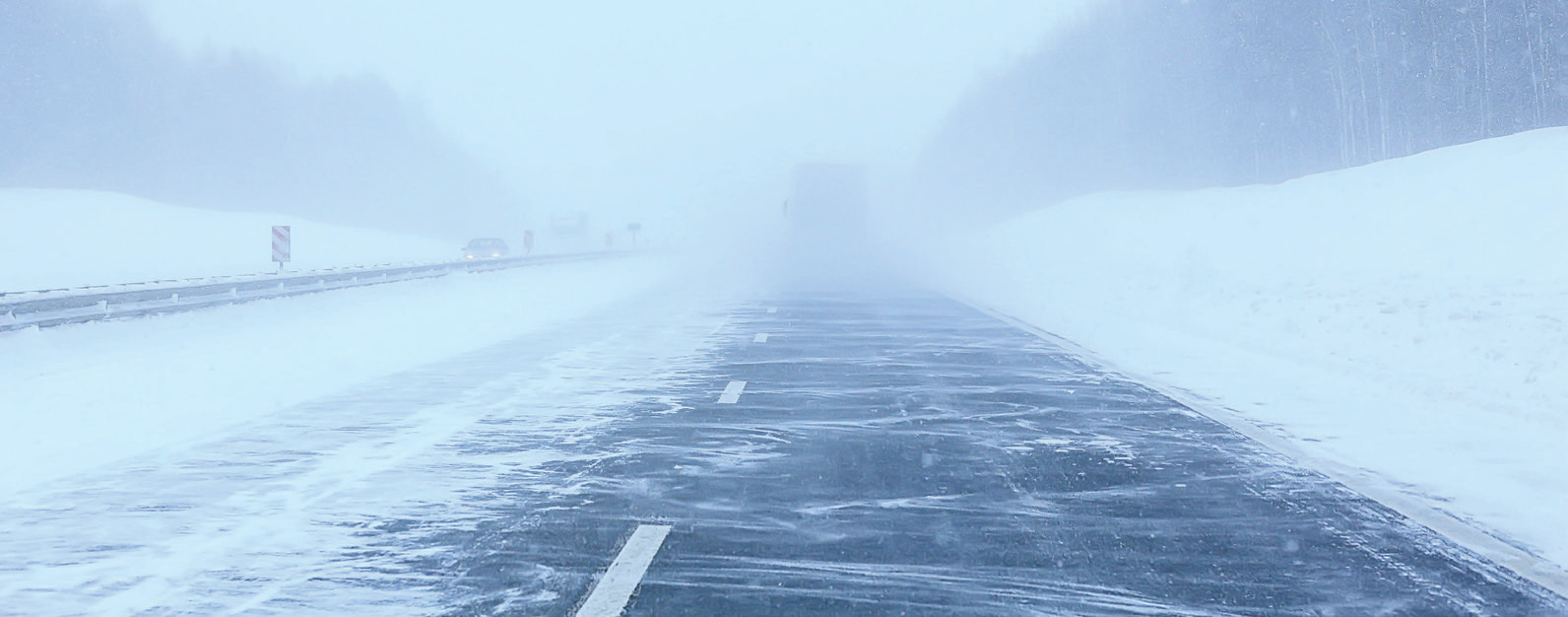
When outdoor temperatures drop, our electricity use increases. That’s because we’re doing more activities inside, making our heating systems run longer and more often to counteract colder outdoor temperatures. Factor in that we all tend to use electricity at the same times — in the morning and early evenings — and that equals a lot of strain on our electric grid.
At Jay County REMC, we work closely with Wabash Valley Power Alliance — our local generation and transmission (G&T) cooperative — in resource and infrastructure planning to ensure you have the power you need whenever you flip a switch. However, the electric grid is much larger than your local coop and G&T.
In winter months, when more electricity is being used simultaneously across the country, it is possible for electricity demand to exceed supply — especially if an unexpected event like a sudden snow or ice storm or equipment malfunction occurs.
If this happens, which is rare, the grid operator for our region of the country may call for reduced energy use. At that time, we may need to alert members that they can help by lowering their energy use with a few handy tips to relieve pressure on the grid, and Jay County REMC will keep you informed about the situation.
Your cooperative and our G&T take proactive steps to create a resilient portion of the grid and to ensure electric reliability in extreme weather, including regular system maintenance, grid modernization efforts, and disaster response planning. However, it takes everyone to keep the grid reliable and power flowing.
To help keep the heat on for you, your family and neighbors, here are a few things you can do to relieve pressure on the grid (and save a little money along the way):
- Select the lowest comfortable thermostat setting and turn it down several degrees whenever possible. Your heating system must run longer to make up the difference between the thermostat temperature and the outdoor temperature. Seal air leaks around windows and exterior doors with caulk and weatherstripping. Air leaks and drafts force your heating system to work harder than necessary.
- Stagger your use of major appliances such as dishwashers, ovens and dryers. Start the dishwasher before you go to bed and use smaller countertop appliances like slow cookers and air fryers to save energy.
- Ensure that your heating system is optimized for efficiency with regular maintenance and proper insulation. Make sure your furnace filter isn’t clogged and dirty. Replace it as needed.
- When possible, use cold water to reduce water heating costs. Setting your water heater thermostat to 120 degrees Fahrenheit can help you save energy and reduce mineral buildup and corrosion in your water heater and pipes.
- Unplug devices when not in use to eliminate unnecessary energy use. Even when turned off, electronics in standby mode consume energy. Plug devices into a power strip so you can turn them all off with the push of a button.
As we face the challenges posed by winter weather, understanding its impact on energy demand is crucial for maintaining a reliable power supply. By adopting energy conservation practices during periods of extreme cold, not only can you save money on your electric bills, but you can also each contribute to the resilience of the power grid, keeping our local community warm and connected.




